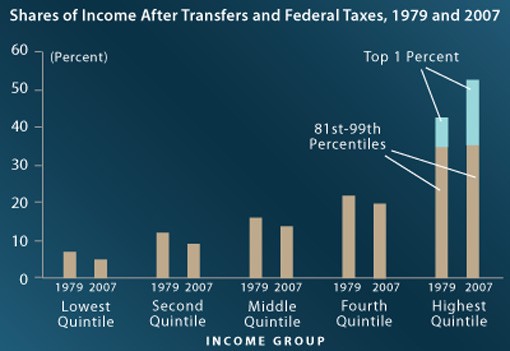Higher Taxes on HighIncome Earners in 2013Kiplinger
Post on: 24 Апрель, 2015 No Comment

You may be hit by these taxes even if you don’t feel rich. How to ease the bite.
October 2012
Most of us prefer to put off paying taxes for as long as legally possible. This year, though, some taxpayers could save money by cashing in some of their taxable investments.
SEE ALSO: Get a Head Start on Your 2012 Taxes
And that’s not the only tax hike coming. Starting in 2013, taxpayers will pay an additional 0.9% Medicare tax on income from wages over $200,000 ($250,000 for married couples). Also, unreimbursed medical expenses will have to exceed 10% of AGI before you can deduct them, up from 7.5% now. (For taxpayers 65 and older, the threshold remains 7.5% through 2016.)
Advertisement
But the surtax is the main worry for investors — especially when you also consider the possible expiration of the Bush-era tax cuts. If Congress fails to extend them, the top rate on long-term capital gains will rise to 20%, and the top rate for dividends will jump to 39.6%. Add in the surtax and high earners are facing rates of 23.8% on long-term capital gains and 43.4% on dividends. We believe Congress will extend the tax cuts. But even if that happens, the surtax alone will boost top rates for long-term capital gains and dividends to 18.8%.
The surtax will be based on your investment income or the amount your modified AGI (which includes investment income) exceeds the threshold, whichever is less. For example, a couple who earn $400,000 from wages and $50,000 from investment income would pay a surtax of $1,900. Another couple with $200,000 in salaries and $150,000 in investment income would pay $3,800, even though their overall income is lower.

You won’t have to pay the surtax on the sale of your primary residence unless your profit exceeds $250,000 if you’re single or $500,000 if you’re married.
It’s usually a bad idea to let taxes dictate investment strategy. But if you’ve been planning to sell some stocks or mutual funds anyway, doing so before year-end makes sense. This may also be a good time to add some municipal bonds to your portfolio because income from munis is exempt from the surtax.
Converting to a Roth is also worth considering. Withdrawals from traditional IRAs and 401(k) plans aren’t subject to the surtax, but they could lift your modified AGI above the threshold, triggering the surtax on other investment income. Qualified distributions from a Roth, however, are tax-free and also excluded from your modified AGI. If you decide to convert to a Roth, act before year-end because untaxed contributions and earnings will be treated as taxable income in the year you convert, and that will increase your modified AGI. In the future, that’s a number you’ll want to keep as low as possible.
This article first appeared in Kiplinger’s Personal Finance magazine. For more help with your personal finances and investments, please subscribe to the magazine. It might be the best investment you ever make.














